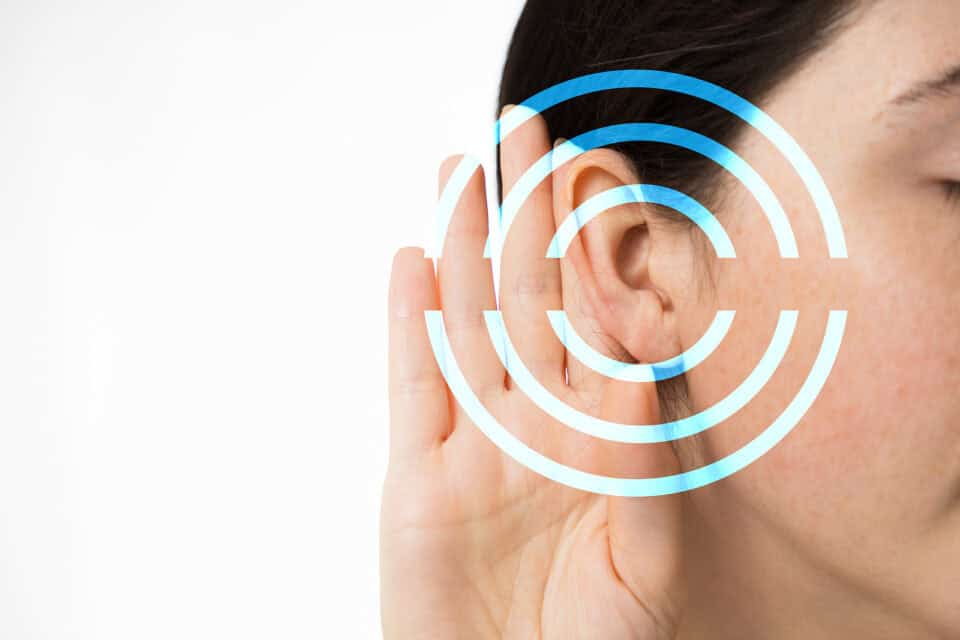
What Is Tinnitus?
Tinnitus is not a disease, but a symptom of an underlying issue. People often describe the noise in their ears as ringing, but it can also sound like buzzing, hissing, whistling, or clicking. Sometimes, the sound is so loud that it becomes difficult to focus or hear actual external sounds.
Causes of Tinnitus
There are several possible causes of tinnitus:
- Hearing Loss: Age-related hearing loss is a common cause.
- Exposure to Loud Noises: Consistent exposure to loud sounds, like music or machinery, can damage the tiny hair cells in the ear that transmit sound to the brain.
- Ear Infections or Blockage: Earwax or infections in the ear can block the ear canal and cause tinnitus.
- Medications: Certain medications, known as ototoxic drugs, can cause or worsen tinnitus.
- Other Health Conditions: Conditions like high blood pressure, diabetes, or head injuries can also contribute to tinnitus.
Types of Tinnitus
There are two main types of tinnitus:
- Subjective Tinnitus: This is the most common type, where only the affected person can hear the noise.
- Objective Tinnitus: This is rare, and sometimes a doctor can also hear the noises during an examination.
Symptoms and Diagnosis
The main symptom of tinnitus is hearing sounds that aren’t present in the environment. These sounds can be continuous or intermittent. A hearing health professional usually diagnoses tinnitus by reviewing medical history and conducting a physical examination. Hearing tests may also be performed to assess the extent of hearing loss.
Tinnitus can significantly impact one’s daily life. It can cause problems with concentration and sleeping, and even lead to mental health issues like anxiety and depression. Managing tinnitus also often involves addressing these secondary effects.
Treatment and Management
There is no one-size-fits-all cure for tinnitus, but several treatments and strategies can help manage the condition:
- Hearing Aids: These can amplify external sounds, making tinnitus less noticeable.
- Counseling and Therapy: Cognitive-behavioral therapy (CBT) can help in managing stress and anxiety related to tinnitus.
- Medications: Some medications can alleviate the symptoms, though they do not cure tinnitus.
- Lifestyle Changes: Reducing stress, avoiding loud noises, and maintaining overall health can improve tinnitus symptoms.
Preventive Measures
While tinnitus can’t always be prevented, certain measures can reduce the risk:
- Protect Ears: Use earplugs when exposed to loud noises.
- Volume Control: Keep volume levels low when using headphones or listening to music.
- Regular Check-Ups: Routine hearing tests can catch problems early.
- Healthy Lifestyle: Maintain a balanced diet, exercise regularly, and manage stress levels.
Coping Strategies
Living with tinnitus can be challenging, but several coping strategies can make a significant difference:
- Relaxation Techniques: Practices like yoga, meditation, and deep breathing can help reduce stress and the perception of tinnitus.
- Support Groups: Connecting with others who have tinnitus can provide comfort and practical advice.
- Staying Positive: Focusing on positive aspects of life and engaging in enjoyable activities can shift attention away from tinnitus.
Conclusion
Understanding and managing tinnitus involves recognizing its causes, impacts, and available treatments. Each person’s experience with tinnitus is unique, so finding a personalized approach to handle it effectively is vital. By taking preventive measures and employing coping strategies, the condition’s impact on daily life can be minimized, improving overall quality of life.
